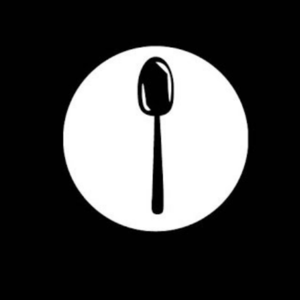I don’t know about you, but my freezer is my best friend. I use it to preserve nearly everything. The shared freezer in my apartment is stuffed to the brim. This week, my fridge failed me and I found myself with some vegetables, milk, bagels, and yogurt that had gone bad at the same time.
There’s lot of ways to preserve foods from going bad; however, you can’t just throw all vegetables in the freezer. There are enzymatic reactions taking place even after freezing which could make your vegetables go bad. Many vegetables need to be blanched before they can be frozen to stop this enzymatic activity.
But what the heck is blanching? It sounds fancy but really it’s just dropping vegetables in a pot of boiling water for a couple minutes and immediately submerging them in cold water. Blanching times vary for different vegetables. After blanching, most vegetables can be put right into a freezer bag.
Vegetables that need to be blanched

According to HalfYourPlate, carrots, broccoli, cauliflower, asparagus, beans, cabbage, spaghetti squash and tomatoes, as well as greens like kale, spinach, swiss chard and turnip greens should all be blanched before being frozen to destroy enzymes.
With the exception of leafy greens, the stems, tops or fibrous stalks (like on asparagus, broccoli, and cauliflower) should be removed and the rest of the vegetable can be cut into smaller pieces before blanching.
#SpoonTip: Let cauliflower and broccoli sit in a sink of cold water for 15 minutes before blanching to remove any dirt or insects.
After blanching, vegetables should be submerged in an ice bath to stop the cooking process and to help the veggies retain their colour. After that, they can go into a freezer bag and can be frozen for about a year to be used in recipes when you need them. If you need any inspiration, here are some recipes that will make you love vegetables.
Vegetables that you can freeze as-is

Garlic, herbs, mashed pumpkin and onions can all be frozen without being blanched. Onions should be chopped, garlic should be peeled, and both should be frozen spread out on a flat surface before being packed into freezer bags.
Vegetables that should not be frozen

Eat Right Ontario tells us that you should not freeze potatoes (except mashed), lettuce, celery, green onions or radishes, unless you want some seriously nasty veggies.
Freezing is a really great and economic way to make sure you always have a supply of healthy ingredients on hand, which helps when you’re trying to get all your servings of fruits and vegetables in a day. As long as you do it right, you should end up with ready-to-use vegetables that you can cook fast in your hour between classes.


